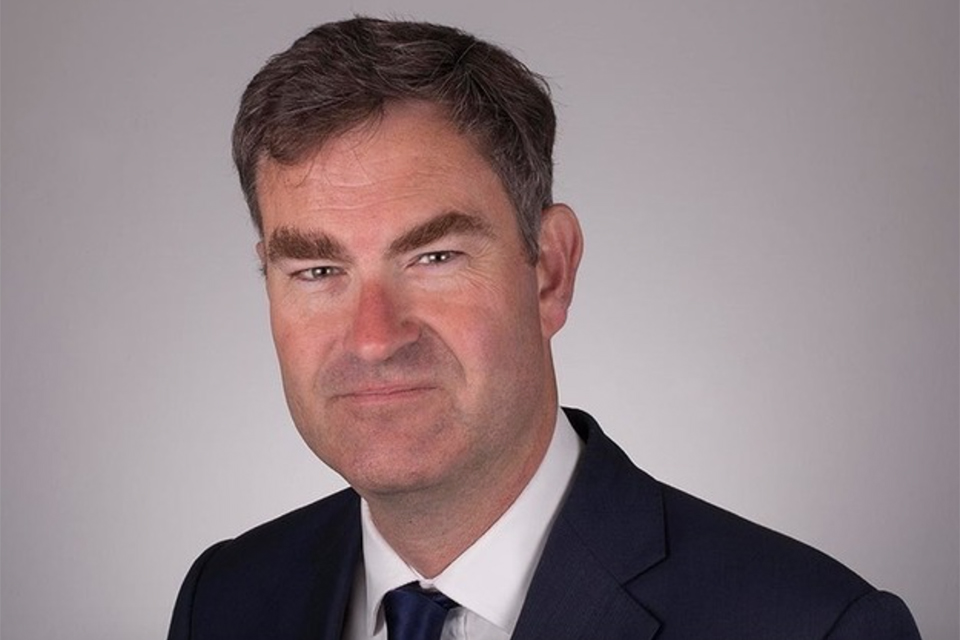Transparency of the Parole Board and Victim Support
Justice Secretary David Gauke’s statement on transparency of the Parole Board and victim support.

With permission, Mr Speaker, I should like to make a statement on the Parole Board’s decision to release John Worboys and the government’s response to the issues raised by this case.
I should like to start by echoing the statement made by my predecessor at the weekend, and to express my unreserved sympathy to all of the victims. They will never erase the emotional trauma of his crimes and the Parole Board’s decision to order his release must have brought back painful memories. These were horrific crimes and I take the concerns raised, including by many colleagues of this House, very seriously.
John Worboys was convicted of 19 offences in 2009, and received an indeterminate sentence of imprisonment for public protection with a minimum tariff of 8 years in custody. Following the expiry of the tariff, he was eligible for review by the Parole Board, which was required to consider whether to release him.
The Board reviewed his case at a hearing on 8 November 2017, by which time he had served 10 years in custody including a period on remand. A three person panel considered a detailed dossier of evidence. Its subsequent decision to release him was communicated to my department on 3 January.
There are two main concerns in respect of the contact with victims that I think it essential to address today: whether the correct procedures were followed in this case; and whether those procedures are right, or whether improvements are needed.
Turning first to whether procedures were followed in this case, all victims of the crimes for which he was convicted have a statutory right to receive information about parole hearings and decisions under the Victim Contact Scheme (VCS). On the basis of the information I have received since arriving in the department yesterday, it appears that in relation to these victims, those who opted to remain in contact via the VCS were informed of the parole hearing. Of the victims currently in contact with the Scheme, those who chose to be informed of the Parole Board decision by phone or email were contacted immediately on 3 January, although I have just become aware of a case where a victim did not receive the email. Letters were also sent immediately to those who chose to be informed that way, but these of course took longer to arrive. Some victims entitled to this contact chose not to opt in, which of course is their right.
Any victims whose crimes were not prosecuted do not fall within the statutory remit of the VCS, and so the arrangements are different. Discretionary contact can be considered, but in this instance, the National Probation Service has no record of any requests for discretionary contact.
However, while it appears that the correct procedures were followed, the fact that some victims learned of the decision from the media suggests that there is a need to review these procedures and examine whether lessons can be learned and improvements can be made.
It is a priority for this government that victims of rape and sexual assault have full confidence in the criminal justice system. Sentence lengths for these horrific crimes have increased by over 30% since 2010 and more victims are coming forward, but there is still more to do.
I should be absolutely clear that I think that that the Parole Board should remain an independent body, responsible for making decisions about the ongoing risk that individuals pose after serving their tariff.
But I agree with my predecessor’s assessment that there is a strong case to review the case for transparency in the process for parole decisions and how victims are appropriately engaged in that process, and consider the case for changes in policy, practice or the Parole Board Rules, or other guidance or procedures including the Victims’ Code. With that in mind, I can confirm that I have instructed my officials to establish a review to examine these questions and I will share more information on this shortly.
I think it is appropriate that the department leads this work, but that it consults victims’ groups and others. I have spoken to the Victims’ Commissioner, Baroness Newlove, and the Chair of the Parole Board, Nick Hardwick, to discuss what changes we could make and how best to draw on their expertise and insight in this review.
Finally, I note that the Chair of the Justice Select Committee has announced his intention to hold an evidence session. My department stands ready to provide the committee with any information it may require.
Mr. Speaker, I intend to prioritise this review and it will conclude before Easter. I hope that this course of action reassures the House of the importance and priority I attach to this. As such I commend this statement to the House.